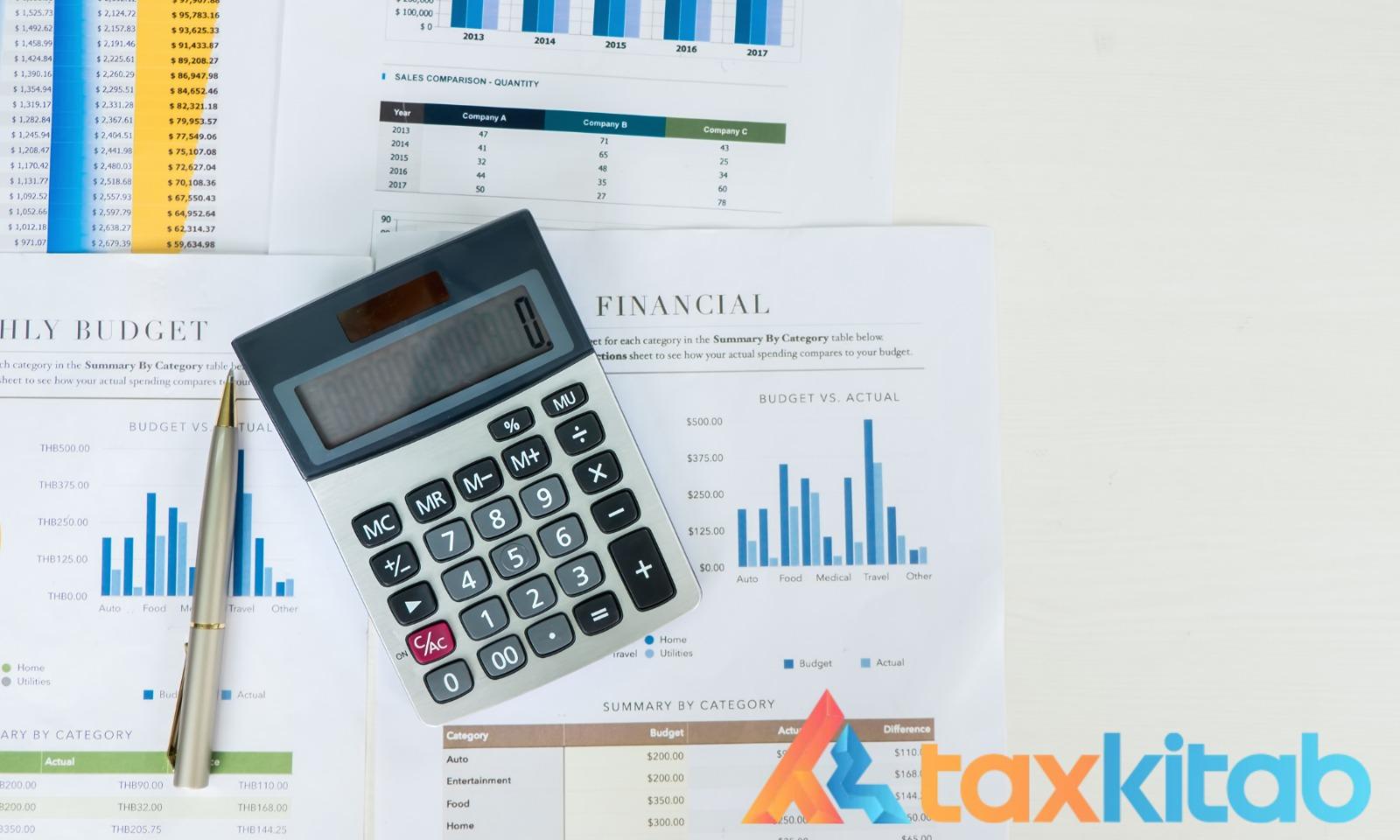GST Filing Checklist for Startups

Goods and Services Tax (GST) compliance is a crucial responsibility for all registered businesses in India. One of the key aspects of GST compliance is timely filing of GST returns. Missing deadlines can result in penalties, interest, and disruption in the Input Tax Credit (ITC) flow. In this article, we’ll cover the due dates for various GST returns and the penalties for late filing.
more details insides: https://taxkitab.com/gst-return/
🔄 What Is a GST Return?
A GST Return is a document that contains details of all sales, purchases, input tax credit, and tax liability under GST. Registered taxpayers are required to file various types of GST returns depending on their business type and turnover.
📅 GST Return Due Dates (FY 2025-26)
Here’s a quick look at the most common GST return forms and their monthly/annual due dates:
| Return Form | Applicable To | Frequency | Due Date |
|---|---|---|---|
| GSTR-1 | Outward supplies (sales) | Monthly | 11th of the following month |
| GSTR-3B | Summary return of inward/outward supplies | Monthly | 20th of the following month (varies by state for QRMP) |
| GSTR-4 | Composition scheme dealers | Annual | 30th April of the following financial year |
| GSTR-5 | Non-resident taxable persons | Monthly | 20th of the following month |
| GSTR-6 | Input Service Distributors (ISD) | Monthly | 13th of the following month |
| GSTR-7 | TDS Deductors | Monthly | 10th of the following month |
| GSTR-8 | E-commerce operators | Monthly | 10th of the following month |
| GSTR-9 | Annual return (regular taxpayers) | Annually | 31st December of the next financial year |
| GSTR-9C | Audit report (if turnover > ₹5 Cr) | Annually | 31st December of the next financial year |
⚠️ Note: For taxpayers under the QRMP Scheme (Quarterly Return Monthly Payment), GSTR-3B is filed quarterly, but tax is paid monthly using PMT-06.
💸 Penalties & Late Fees for Late GST Return Filing
If you fail to file GST returns on time, two types of costs apply:
1. Late Fees
Late fees are charged per day of delay. Here are the current rates:
| Return Type | Late Fee (Per Day) | Maximum Late Fee |
|---|---|---|
| GSTR-1 & GSTR-3B | ₹50/day (₹25 CGST + ₹25 SGST) | ₹5,000 (₹2,500 CGST + ₹2,500 SGST) |
| If Tax Liability = 0 | ₹20/day (₹10 CGST + ₹10 SGST) | ₹1,000 (₹500 CGST + ₹500 SGST) |
| GSTR-9 (Annual) | ₹200/day (₹100 CGST + ₹100 SGST) | 0.25% of turnover (per Act) |
| GSTR-4 (Composition) | ₹200/day (₹100 CGST + ₹100 SGST) | ₹5,000 |
| GSTR-7 (TDS Return) | ₹200/day | ₹10,000 |
2. Interest on Late Payment of Tax
If there's a delay in paying GST liability:
-
18% per annum is charged on the net tax liability (from due date till actual payment).
-
Interest is calculated on a daily basis.
⚠️ Consequences of Continuous Non-Filing
Failing to file GST returns regularly can lead to serious consequences:
-
Restriction on filing subsequent returns
-
Blocking of E-way bills
-
Suspension or cancellation of GST registration
-
Ineligibility to claim Input Tax Credit (ITC)
✅ Tips to Avoid Late Filing Penalties
-
Set reminders for due dates.
-
Use accounting software integrated with the GST portal.
-
Reconcile sales and purchase data regularly.
-
File nil returns even if there is no business activity.
-
Enroll in the QRMP scheme if eligible to reduce filing burden.
🧾 Final Words
Timely and accurate filing of GST returns is essential for maintaining compliance and avoiding penalties. Keep track of deadlines, reconcile your books, and use professional help or tools where needed. Being proactive will save your business time, money, and legal trouble in the long run.







